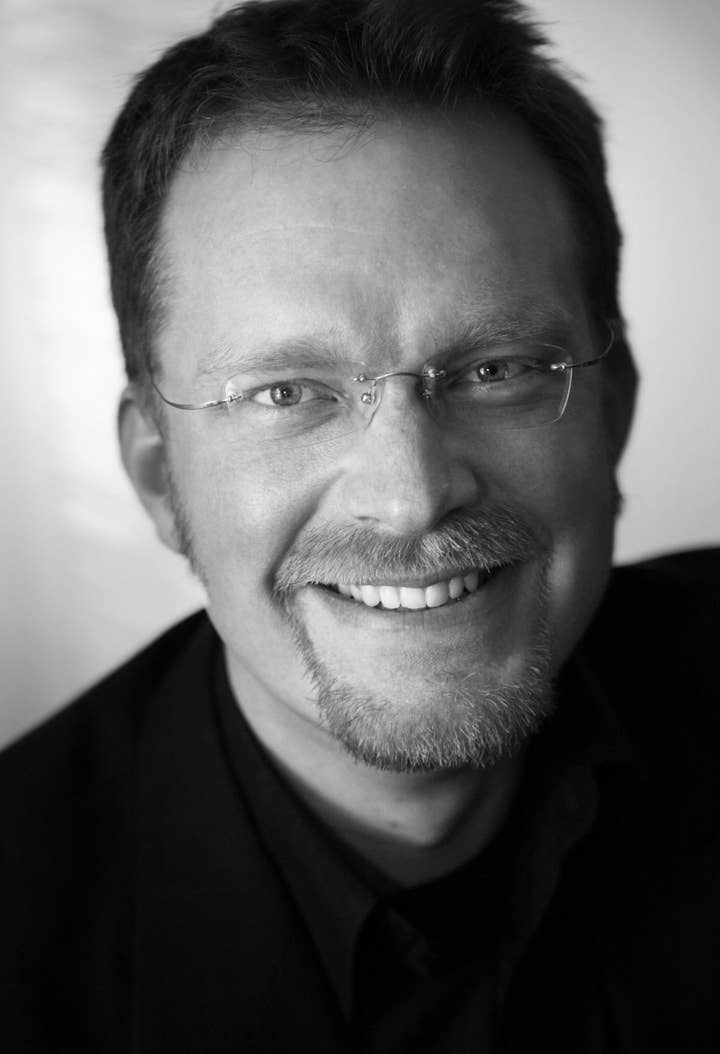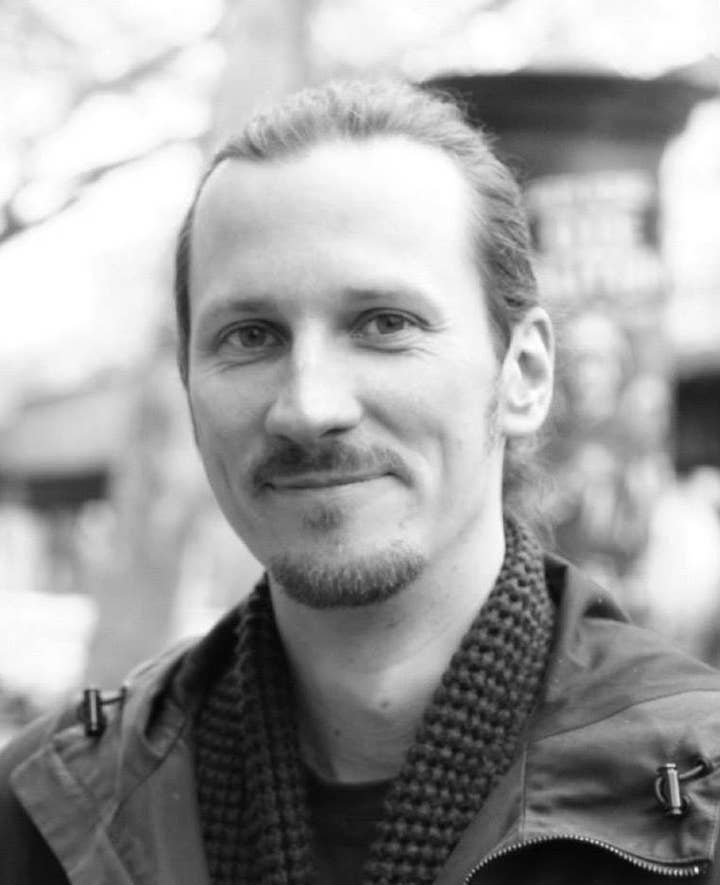Quo Vadis 2015: From regional to global
The German developer conference is marking its 13th consecutive year with more space, more speakers and a broader remit than ever before
The calendar for game conferences gets busier with every passing year, growing in tandem with the industry they discuss and debate. Founded in 2003, Berlin's Quo Vadis conference is one of the old-guard, conceived in a world without iPhones and social media, when the idea of a connected console still seemed like a novelty. The industry has changed irrevocably since then, and Quo Vadis has survived and prospered by recognising and reflecting those changes.
It is now the centrepiece of International Games Week Berlin, which starts in the German capital on April 21. With the pieces now in place, GamesIndustry.biz caught up with Aruba Events' Stephan Reichart and Tobias Kopka to discuss what lies ahead.
"Quo Vadis has kept the spirit of asking, 'Where are we going?'"
For many years, Quo Vadis was a very developer focused event. Back in 2012 we changed two significant things: first, we switched the whole communication into English and decided to address international guests and speakers; second, as the industry and most of the role models for classic game developers changed, we had to address that in our topics and target groups for the conference.
Quo Vadis now addresses publishers, developers, service providers, students, newcomer teams, indie developers and all other industry participants. We've nearly doubled our number of visitors over the last few years.

When we started the conference back in 2003 the games industry in Germany had a total number of employees of maybe 2500 people, and Quo Vadis was a one day event with round about 20 sessions. Today we are talking about 30.000 people working in the industry, and that's only in Germany. Meanwhile, we offer more than 130 sessions to our attendees.
We had to add more and more new business topics, like human resource management, education, team management and team building, financing, self-publishing and many more. And all of this on all new platforms, new devices, new markets, and so on. So Quo Vadis has kept the spirit of asking, 'Where are we going?'
How can we tackle the challenges of our industry in leading globally connected teams while maintaining a creative and entrepreneurial vision? Be it in the free-to-play sector, where games as a service run sometimes over a decade, or in the big budget production of AAA titles. Another issue we are facing is how the global games markets can be made more fair for all market players, including independent developers. And in the last year, we have seen more awareness around social issues of how to live and work in the industry. We will be addressing these topics as well, with our "Women in Games since Gamergate" track, for example.
"Our mission is to connect the German games industry with all the other developer communities out there"
Since we have grown right in the middle of the German developer community, of course some of our 170 speakers are from Germany, Austria and Switzerland - and that is a good thing. Our mission is to connect the German games industry with all the other developer communities out there. That´s why we're partnering with Nordic Game Conference in Malmö, with Games 4 Change in New York, and with Gamelab in Barcelona.
Nevertheless, every conference needs to keep its regional and national feet on the ground, and so we opened up tremendously over the last three years towards other developer communities - and will not stop here.

As our industry changed over the last decade, we had to adapt along with it. We had to provide topics and business opportunities to be successful on the international market. Frankly, this is something we heard a lot from the German developer community: Go international, we need this, we want to meet up with our international colleagues and share our knowledge.
What are the needs of a local development scene? Is it partners, talent, technology, creativity, exposure, networking? We think it is all of this and more. We need networks on every level: local, regional, national and international. Quo Vadis is bringing the German speaking developer community together, but it will take it way beyond its original means to help developers and publishers to run sustainable business beyond the national level.
We want to build long-lasting relationships with our community, our speakers and our partners, adding value to each other's conferences. Games are a business, but they are also a passion for many who are working in the industry. We try not to forget this.
"We need networks on every level: local, regional, national and international"
Big brands like GDC are at home in the international field. They have been running conferences and events for many decades, and we respect the work everybody is doing within their communities and co-operate as much as possible. There is no real point in trying to compete, especially if you care mostly about seeing progress for games in general. If you love games, you want to push the community as a whole forward.
It´s more than difficult to single people out when you have more than 170 individual speakers, but since I spent the last six months in San Francisco, Seattle, Montreal and New York, I'd like to add that I´m personally excited about our American friends who are speaking: Glen Schofield and Michael Condrey from Sledgehammer Games, Kate Edwards from IGDA, Dorian Kieken and Tulay McNally from Bioware, Joost van Dreunen from Superdata Research, and the gaming legends Don Daglow and Ed Fries.
But of course, our European speakers like Matias Myllyrinne from Remedy Games, Marek Ziemak and Kacper Kwiatkowski who worked on This War Of Mine, Bernd Diemer and Peter Holzapfel from Yager, and our speakers from Israel, Poland, Finland are no less exciting.
Quo Vadis will be held at Berlin's Cafe Moskau and Kino International from April 21 to 23. The events of International Games Week Berlin will continue until April 26.

